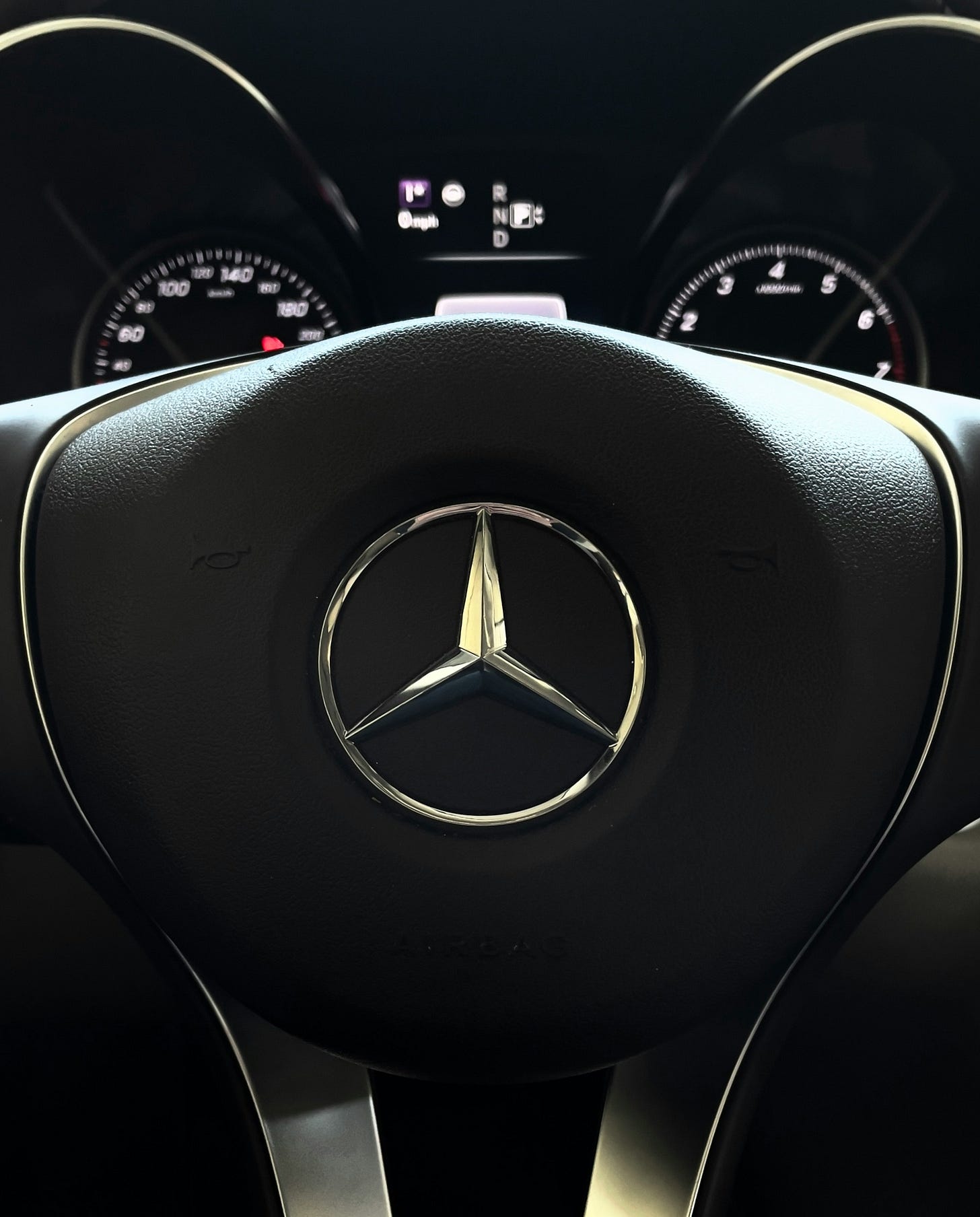Sixteen thousand deaths - and no action
Dieselgate is one of the crimes of the century - so why no action by the Gove
The 13th October 2025 will see the start of one of the biggest trials in UK legal history.
It’s the start of the first phase of a claim brought by 1.6 million individuals who say they were cheated on purchases of cars made by a wide range of manufacturers including Mercedes, Ford, Volkswagen, Jaguar Land Rover and many others.
They were cheated, they say, because their car included a tool which would detect when it was being tested to see how much Nitrous Oxide (NOx) it emitted. During those tests, the tool changed how the car operated so as to produce less NOx and deliver ‘good’ test results. After the test, the car would revert to its standard set up, producing more NOx but a better driving experience.
The individuals - or their lawyers - will say that by cheating the emissions testing regime manufacturers breached the obligations they owed to purchasers. And also breached obligations to the public at large - legal duties imposed by the EU - which seek to regulate pollutants from vehicles, including NOx emissions, and improve air quality.
The claim is a monster. Phase One, starting on 13 October, is scheduled to last ten weeks. Phase Two, scheduled for next year, will deal with how much money the manufacturers have to pay if they have breached those obligations. The total damages sought are estimated to exceed £6bn. And the legal costs of the exercise - those of the individuals and the manufacturers - are £166m. That may seem like a lot but it is less than half the £420m that the defendants and claimants had sought to recover.
So the numbers are big. But why do I call it “one of the most important trials in UK legal history”?
Research conducted for the environmental campaigners, Client Earth, by the Centre for Research on Energy and Clean Air concluded that the extra pollution enabled by these cheat devices - not all the pollution from the cars just the extra - has killed about 16,000 people in the UK, caused something like 30,000 cases of asthma in children, led to 800,000 days of sick leave and a total economic burden due to deaths and poor health of £96bn. So far.
There has been no other case, none I can think of, in our modern legal history that is about human and economic destruction on this scale.
But here’s the thing. The case seeks money for those who purchased cars. It does nothing for the 16,000 people who have died. It does nothing for the 30,000 children who have developed asthma or those who must carry that £96bn economic burden of death and poor health. It does nothing to protect the rest of us from environmental damage.
In Germany and the United States car executives started to be arrested as early as 2017. A number have been convicted and imprisoned. We’ve known about the use of so-called ‘cheat devices’ by car manufacturers since 2015.
But, remarkably, in the UK, nothing has happened.
Why not? A UK Government spokesperson, speaking to the Guardian, said: “We are now considering what action we could take should manufacturers be found to be breaking the rules.” But, of course, if the case settles, as most commentators expect, this will not happen. Just as nothing happened after an earlier settlement here. This line reads very much like an attempt to justify doing nothing.
Class actions, group litigation, collective redress, call these cases what you like, have value. They are a key means by which large, greedy and dishonest businesses are held to account. But, for lawyers who act on them, for the pools of capital which fund them, and for almost all of those who purchased cars, they are just about money.
They are not about environmental damage - or lives lost or health harmed.
Who protects the rest of us?


